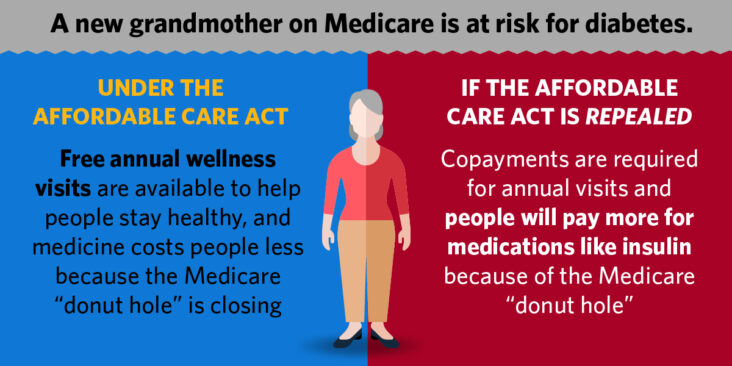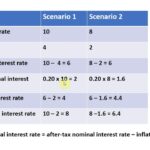The Affordable Care Act (ACA), commonly known as Obamacare, is a United States federal statute that was signed into law by President Barack Obama in 2010. The ACA is a comprehensive health care reform law that seeks to improve access to health care by increasing coverage, controlling the cost of health care, and improving the quality of health care for all Americans. The ACA covers a wide range of health care topics, including financial help for individuals and families, coverage for pre-existing conditions, and protections for women and minorities. Through the ACA, millions of Americans have gained access to quality, affordable health care and have been able to get the care they need to stay healthy and productive.
Overview of the Affordable Care Act

The Affordable Care Act (ACA) is a law that was signed into effect by President Obama in 2010. It’s main goal is to make health insurance accessible and affordable for all Americans, regardless of their economic status. The ACA has provided millions of Americans with the ability to purchase health insurance through the government-run exchanges, as well as expanding Medicaid, and providing tax credits to help offset the cost of health insurance premiums. The ACA also requires that all health insurance plans cover essential health benefits such as hospitalization, prescription drugs, and preventive care. The ACA has been a major boon for Americans and has helped to reduce the number of uninsured Americans from over 16% in 2010 to only 8.8% in 2018. It’s also helped to reduce costs for families and businesses by providing more options for health coverage. Despite its many benefits, the ACA has also been met with some criticism, with some claiming that it’s too costly and puts an undue burden on employers. Nevertheless, the ACA remains a major part of the US healthcare system, and is helping to make health insurance accessible and affordable for all.
Requirements Under the Affordable Care Act
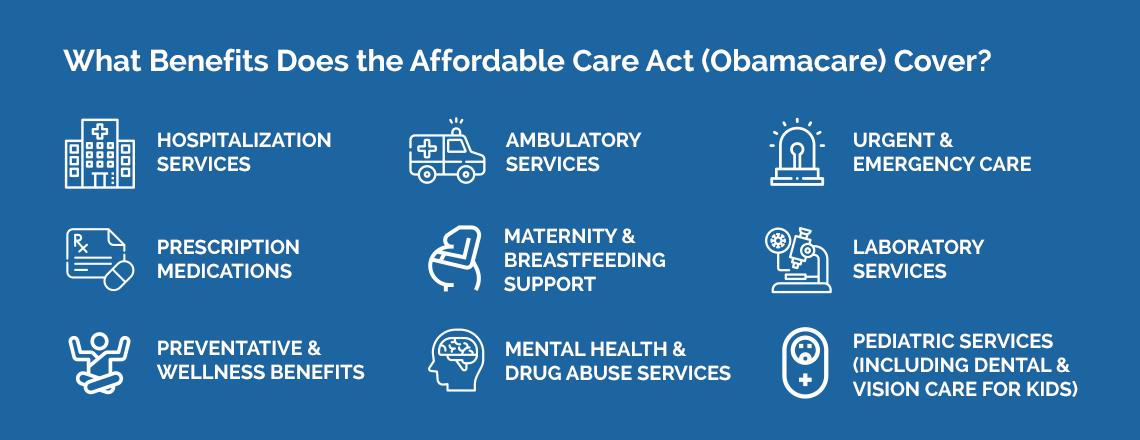
The Affordable Care Act, also known as Obamacare, is a law that requires Americans to have health insurance or pay a penalty. It also provides subsidies to help make insurance more affordable and expands coverage options. The law contains many requirements that individuals, employers, and insurers must follow. Individuals must purchase health insurance or pay a penalty, employers must offer health insurance to their employees or pay a penalty, and insurance companies must provide certain essential health benefits and cannot deny coverage based on pre-existing conditions. The Affordable Care Act has made it easier for Americans to get the care they need while also providing financial protection in case of a medical emergency. It has also helped to reduce health care costs, providing a more affordable and accessible way for people to get the care they need.
Eligibility for the Affordable Care Act
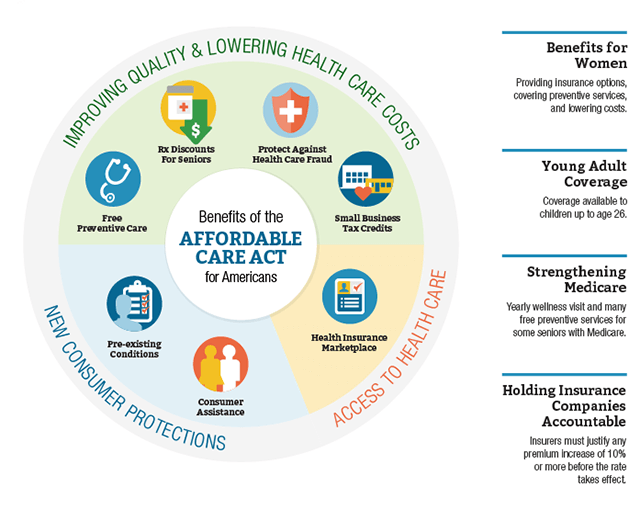
.The Affordable Care Act (ACA) is a federal law that was created to help make health insurance coverage more accessible and affordable for all Americans. It helps ensure that everyone has access to quality, affordable health care. The ACA expands eligibility for health insurance coverage and provides subsidies to help people pay for coverage. It also requires health insurers to offer certain essential health benefits and prohibits them from discriminating against people with pre-existing conditions. In addition, the ACA includes provisions to help small businesses provide health insurance coverage to their employees. The ACA helps ensure that everyone has access to quality, affordable health care. With the ACA, all Americans can now receive the care they need and can get the coverage they need at an affordable price.
Benefits of the Affordable Care Act

The Affordable Care Act (ACA), also known as Obamacare, is a healthcare law that has changed the way Americans access healthcare. It has helped millions of people get access to affordable healthcare and provides an array of benefits. The ACA has improved the quality and cost of healthcare by making it easier to access preventative services, expanding Medicaid, creating marketplaces for insurance, and providing financial assistance for those who need it. It also helps protect people with pre-existing conditions, ensures young adults can stay on their parents’ plans until age 26, and eliminates gender discrimination in health insurance. All of these benefits help make healthcare more accessible, affordable, and equitable for all Americans. With the Affordable Care Act, everyone has access to quality healthcare, no matter their income or health status.
Potential Challenges with the Affordable Care Act
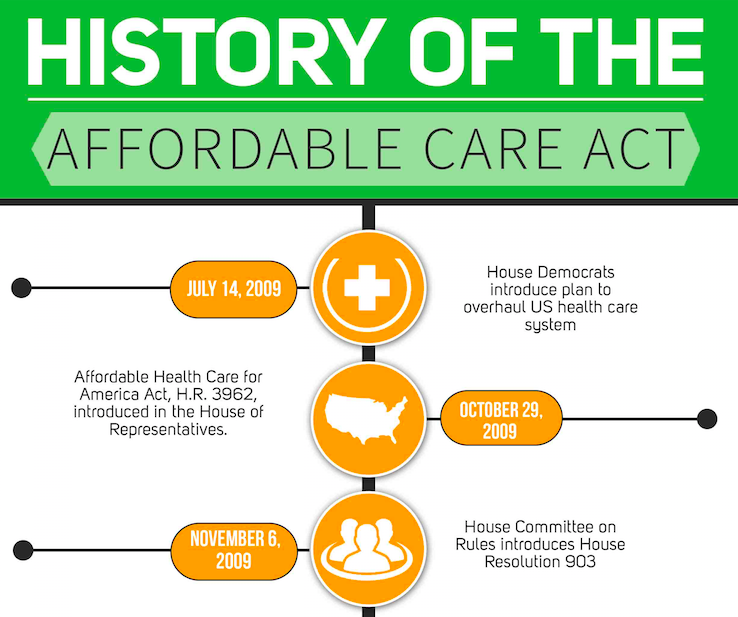
The Affordable Care Act (ACA) is a set of laws established to reform the healthcare system in the United States. It was signed into law in 2010 and since then, it has been providing Americans with more accessible and affordable healthcare options. While the ACA has certainly made healthcare more accessible and affordable, there are still some potential challenges that people may face when attempting to take advantage of the law. One of the main challenges lies in the complex nature of the ACA and the difficulty of understanding its various regulations and provisions. Furthermore, some of the ACA’s provisions can be difficult to access, as some states have failed to expand Medicaid, leaving many with limited access to healthcare options. In addition, the cost of insurance and other healthcare services, such as prescription drugs, can be a challenge for those with limited incomes. Finally, the ACA is a federal law, meaning the federal government has the ultimate say in how it is implemented, leaving some states feeling powerless when it comes to making changes to their healthcare systems. Despite these potential challenges, the ACA has still made a huge difference in providing access to healthcare for Americans.

